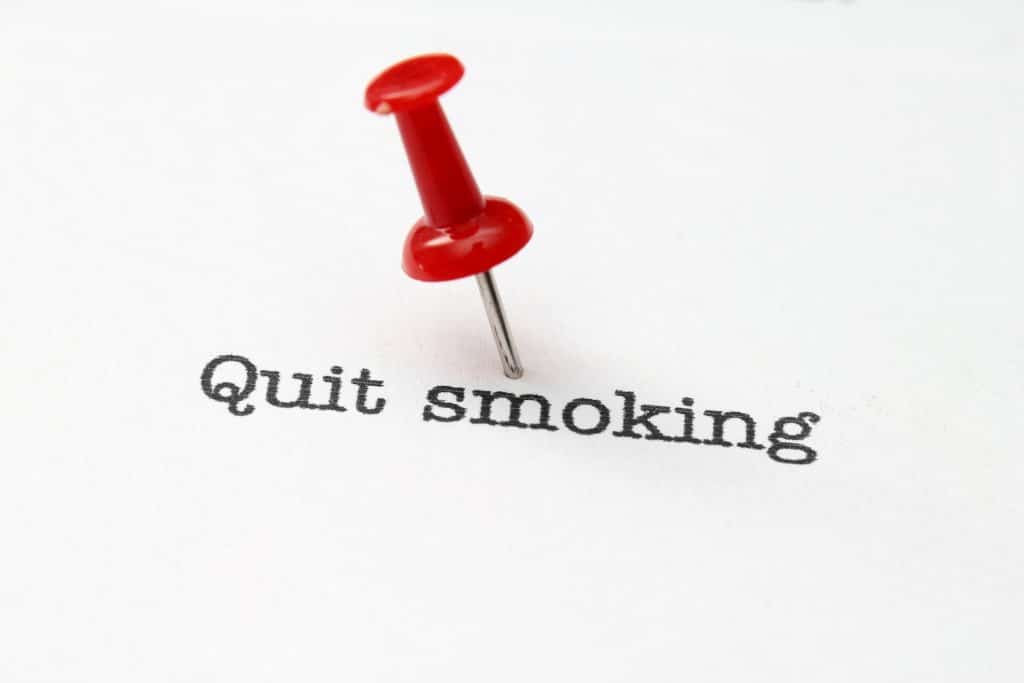Does quitting smoking cure neck and back pain?
We all know the benefits of stopping smoking. Clearer skin. Fresher breath. Not to mention a decreased risk of harmful diseases like heart disease and cancer.
However, did you know that stubbing out those cigarettes can stop those aches and pains in your neck and back too?
If you’re considering quitting, here’s everything you need to know.
1. Better blood flow
Nicotine restricts blood vessels, which means less blood flows to the muscles in your neck and back, leading to pain and inflammation.
Stopping smoking causes the blood vessels to relax, meaning more oxygen can get around your body.
2. Less stress
Many people smoke to relax, but the truth is that smoking actually increases anxiety and stress in the body.
This leads to muscle tension and hyperventilation, both of which result in aches and pains.
3. Improved flexibility
Smoking can damage connective tissue, which can make the muscles and joints less flexible. After stopping smoking, this connective tissue starts to heal, leading to better flexibility.
Not only this, but improved flexibility makes it easier to exercise, which can improve your posture, lead to weight loss, and reduce pain.
4. Weight loss
Many people think that smoking acts as an appetite suppressant and that stopping smoking leads to weight gain. While this is true for the most part, heavy smokers tend to be heavier than light smokers and non-smokers due to having a less healthy lifestyle.
Smoking can also increase insulin resistance, leading to a larger waistline and more internal or ‘visceral’ fat. People who weigh more are more prone to stress on the joints in the neck and back.
Quitting smoking leads to weight loss in the long term, which helps reduce the chances of neck and back pain.
5. A higher quality of sleep
As nicotine is a stimulant, it can lead to a poor quality of sleep. According to studies, for every cigarette you smoke during the course of the day, you lose 1.2 minutes of sleep. This in turn results in feeling sore and stiff when you wake up.
Stopping smoking means you sleep better and start the day feeling fresher and more alert!
Want to make smoking your New Year’s resolution?
Stopping smoking can be challenging – according to the British Medical Journal, it takes most smokers 30 or more attempts to quit for good. But it’s well worth doing.
Not only do you experience fewer aches and pains and feel healthier, but you save money too!
There’s lots of help and support available if you want to quit. The NHS offers email and social media support, as well as a free app. It’s also worth getting in touch with your local Stop Smoking Service, which can provide free professional help as well as free or reduced-cost smoking cessation tools.

